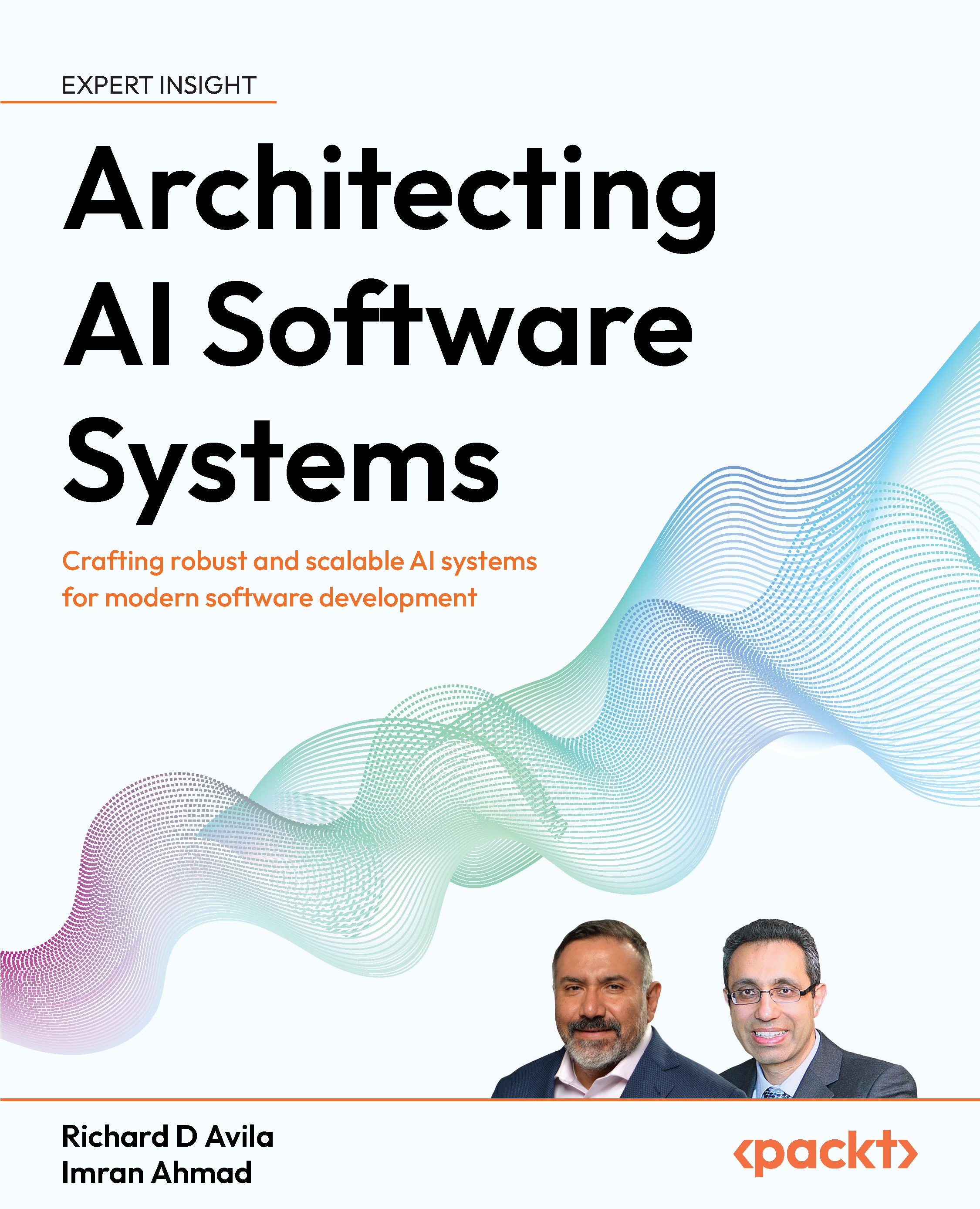Software Engineering and Architecture
AI-enabled software represents a significant leap in system complexity. Unlike traditional software that follows deterministic rules, AI-enabled software attempts to mimic human decision-making, reasoning, and goal-seeking through heuristic algorithmic means. In doing so, creating multidimensional complexity and, hence, a non-deterministic system. There are different types of challenges to address than traditional software engineering.
This complexity manifests in various ways, from the integration of specialized machine learning components to the need for robust data pipelines, from handling model uncertainty to ensuring appropriate human oversight. Consider the sobering statistic from Gartner that, through 2022, 85% of AI projects delivered erroneous outcomes due to bias in data, algorithms, or the teams responsible for managing them [1]. This highlights the critical importance of robust architecture in AI system development.
To comprehend...

































































